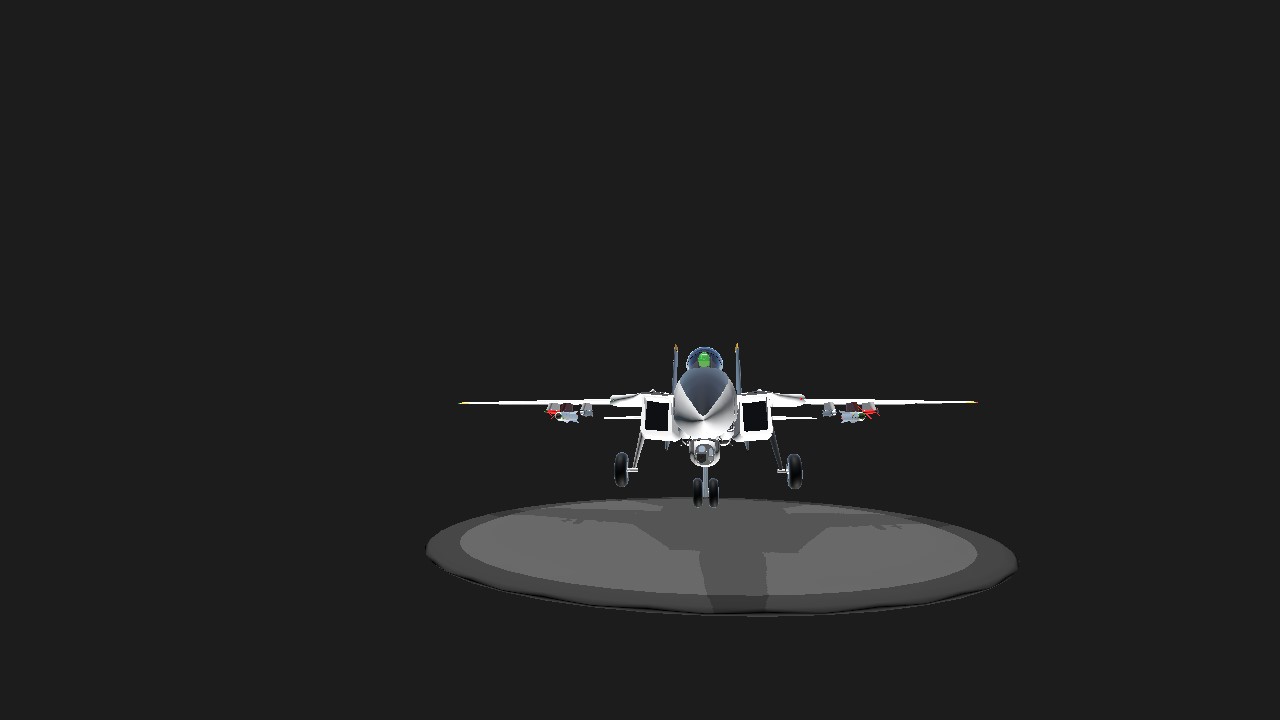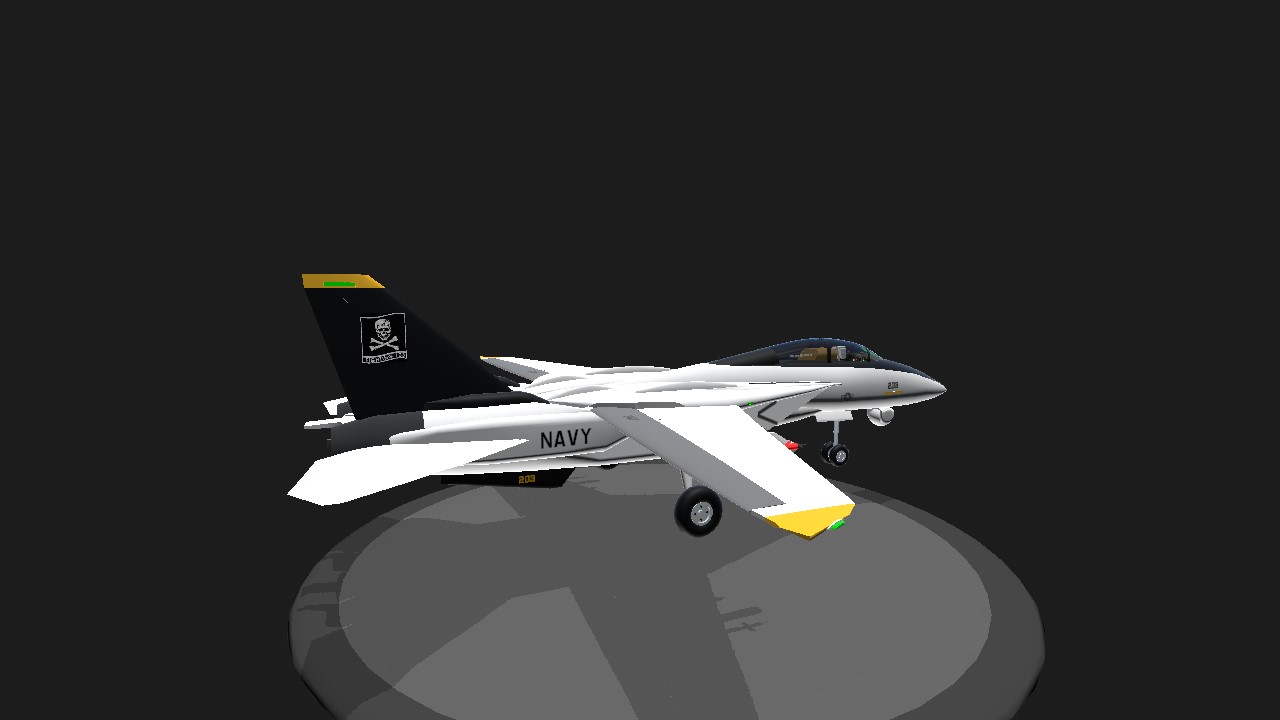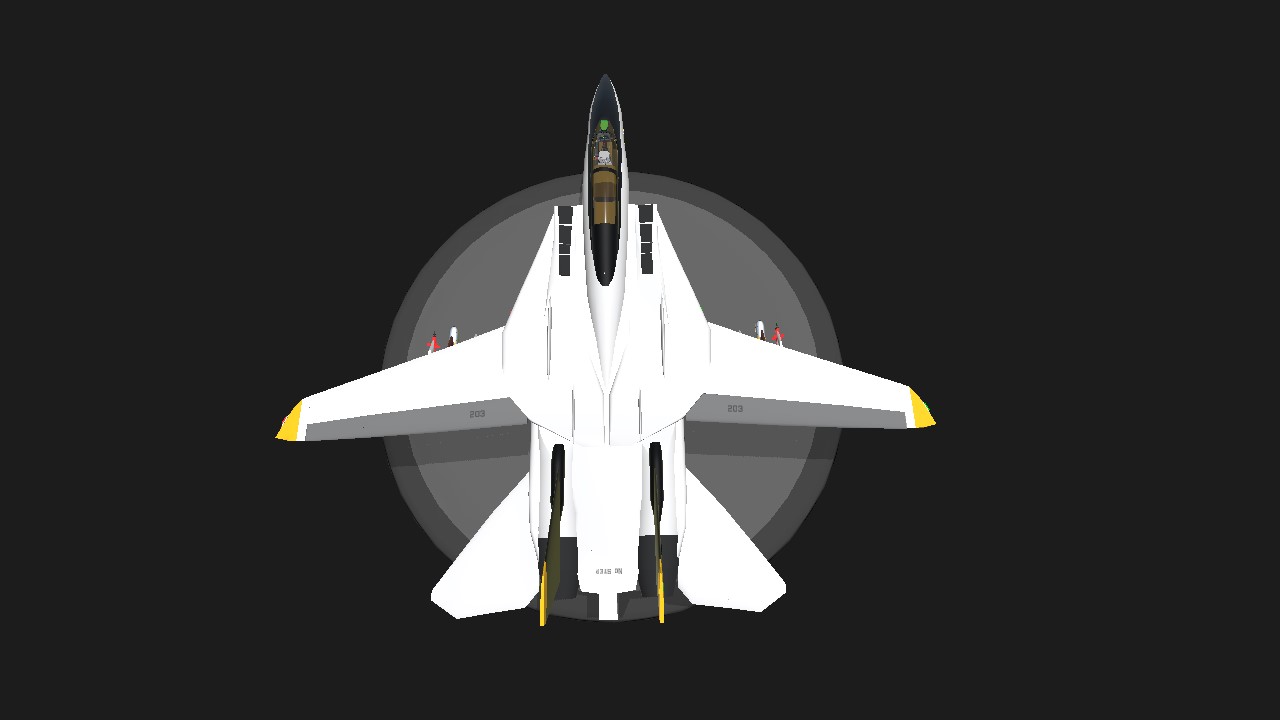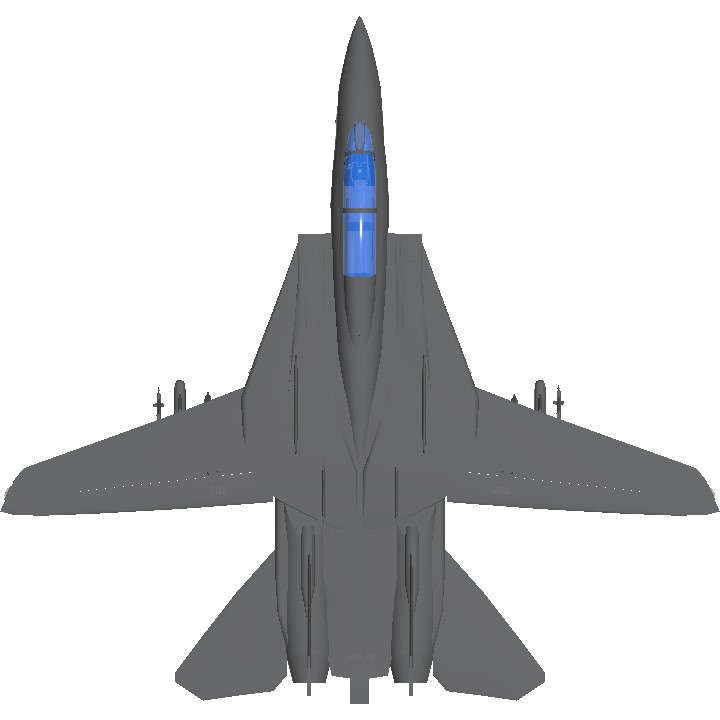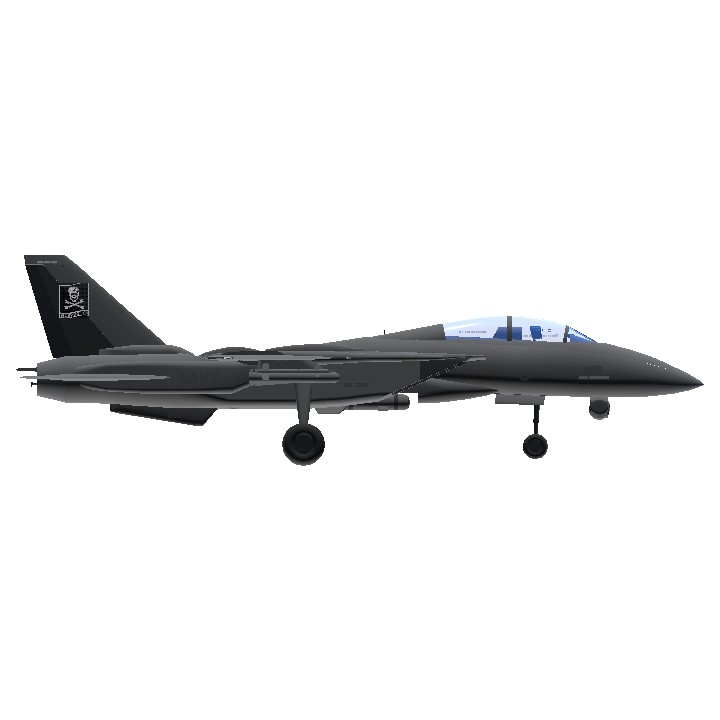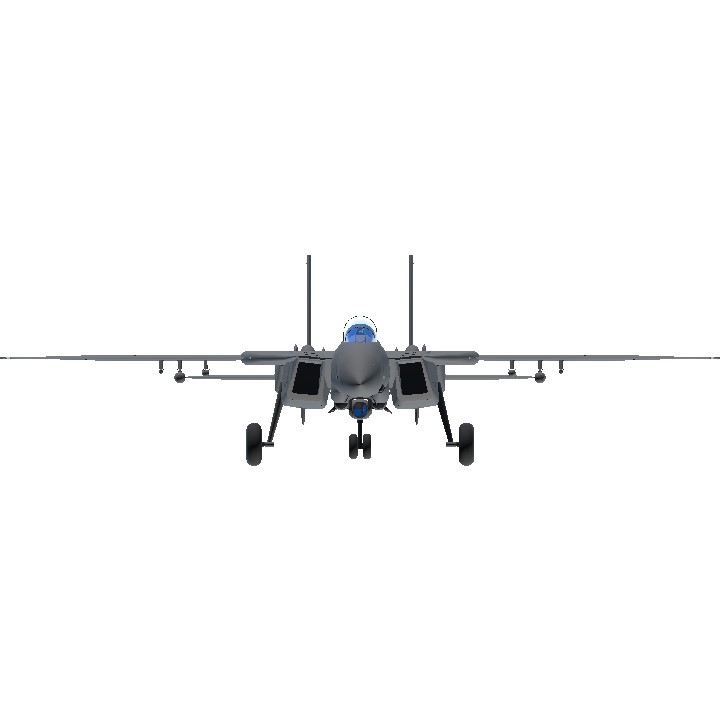Grumman F-14 Tomcat is an American carrier-capable supersonic, twin-engine, two-seat, twin-tail, all-weather-capable variable-sweep wing fighter aircraft. The Tomcat was developed for the United States Navy's Naval Fighter Experimental (VFX) program after the collapse of the General Dynamics-Grumman F-111B project. A large and well-equipped fighter, the F-14 was the first of the American Teen Series fighters, which were designed incorporating air combat experience against MiG fighters during the Vietnam Role
Interceptor, air superiority, and multirole fighter
National origin
United States
Manufacturer
Grumman
First flight
21 December 1970; 53 years ago
Introduction
22 September 1974; 49 years ago
Retired
22 September 2006; 17 years ago (United States Navy)
Status
In service with Iran
Primary users
United States Navy (historical)
Imperial Iranian Air Force (historical)
Islamic Republic of Iran Air Force
Produced
1969–1991
Number built
712
The F-14 first flew on 21 December 1970 and made its first deployment in 1974 with the U.S. Navy aboard USS Enterprise (CVN-65), replacing the McDonnell Douglas F-4 Phantom II. The F-14 served as the U.S. Navy's primary maritime air superiority fighter, fleet defense interceptor, and tactical aerial reconnaissance platform into the 2000s. The Low Altitude Navigation and Targeting Infrared for Night (LANTIRN) pod system was added in the 1990s and the Tomcat began performing precision ground-attack missions.[1] The Tomcat was retired by U.S. Navy on 22 September 2006, supplanted by the Boeing F/A-18E/F Super Hornet. Several retired F-14s have been put on display across the US.
Having been exported to Pahlavi Iran under the Western-aligned Shah Mohammad Reza Pahlavi in 1976, F-14s were used as land-based interceptors by the Imperial Iranian Air Force. Following the Iranian Revolution in 1979, the Islamic Republic of Iran Air Force used them during the Iran–Iraq War. Iran claimed their F-14s shot down at least 160 Iraqi aircraft during the war (only 55 of these confirmed, according to historian Tom Cooper),[2] while 16 Tomcats were lost, including seven losses to accidents.[2][3] As of 2024, the F-14 remains in service with Iran's air force, though in low numbers of combat-ready aircraft due to a lack of spare parts.
Specifications
General Characteristics
- Predecessor F-14 Tomcat (Realistic Performance)
- Created On Android
- Wingspan 63.2ft (19.3m)
- Length 60.4ft (18.4m)
- Height 18.5ft (5.6m)
- Empty Weight 31,069lbs (14,092kg)
- Loaded Weight 47,337lbs (21,472kg)
Performance
- Power/Weight Ratio 10.111
- Wing Loading 11.9lbs/ft2 (58.0kg/m2)
- Wing Area 3,988.0ft2 (370.5m2)
- Drag Points 3950
Parts
- Number of Parts 621
- Control Surfaces 6
- Performance Cost 2,581

